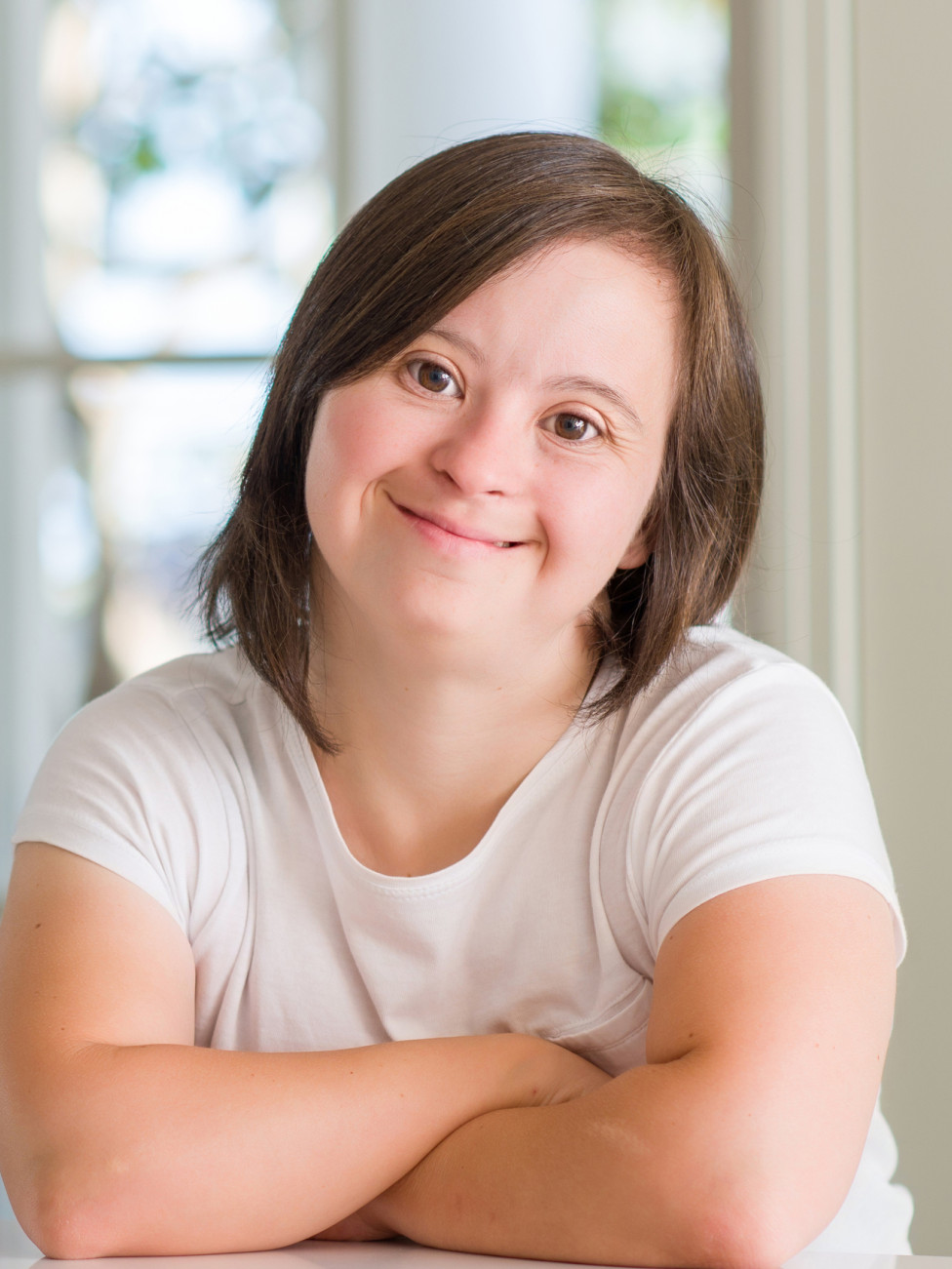Autism: A Guide to Support Services
12 April, 2023
If you have recently received a diagnosis of Autism Spectrum Disorder (ASD) or you’re a parent or carer of a child who has, it can be a challenging time and you may feel confused about where to turn for support. We want to help make this process as manageable as possible and so we have compiled a list of the services you can contact for the support you need.

Individualised Support
Every person with autism spectrum disorder (ASD) is different and so it's important to identify the supports that suit you or your child best. In Australia, there are various support services available for people with autism.
Informal Autistic Support Services
Perhaps the most important pillars of support for many people with autism are their family members, friends and other informal support networks. The value of these supports cannot be overstated, however this article will focus on formal supports provided by federal and state governments, as well as the way local autism associations and other networks provide support.
Support Through the National Disability Insurance Scheme
The National Disability Insurance Scheme (NDIS) is a government-funded scheme that can provide support to people with disabilities, including autism.
The type and amount of ASD support a person can receive will depend on their individual needs and circumstances. Some examples of the types of support that may be available include:
1. Early Intervention Therapies
The NDIS can fund early intervention services for children aged 0-6 years such as assessment, diagnosis and behaviour support. Early interventions can help to develop skills that will be vital throughout a child's life.
2. Therapy
The NDIS can fund a range of therapy services, including occupational therapy, speech therapy, and creative therapies.
3. Personal Care
The NDIS can fund personal care support, such as help with personal hygiene and dressing.
4. Respite
The NDIS can fund respite care to give caregivers a break from their caring responsibilities.
5. Support Coordination
The NDIS can fund support coordination to help you navigate the NDIS system and connect with the services and support you need.
Support coordination through the NDIS can be provided by a support provider such as Focus Care.
Focus Care provides specialised support for people living with a disability who have high needs.
It's important to note that to access the NDIS, you must meet certain eligibility criteria. You can find more information about the NDIS and how to access it on the NDIS website.
Other Government Support Services
Helping Children With Autism (HWCA) and Better Start Support
If you have a young child under the age of thirteen, they can access Medicare funding through the HCWA and Better Start programs. This funding can provide for up to four autism diagnostic/assessment sessions and the creation of a treatment and management plan.
Once a treatment and management plan is in place, funding is available for up to 20 sessions with a range of allied health professionals including psychologists, speech pathologists, and occupational therapists. This can be of significant benefit to a child's development prior to attending school and throughout their early school years.
You do not need to have been registered with HCWA or Better Start to use these Medicare items.
Support through a Chronic Disease Management Plan
Autism is considered a lifelong condition and as such, young people and adults on the autism spectrum may be eligible for Medicare support through a Chronic Disease Management Plan. This is accessed through your GP.
Under the plan, your GP can refer you or your child to allied health professionals such as psychologists, speech pathologists and occupational therapists for up to five sessions per year. You can then claim the cost through Medicare.
This support is designed for patients who require a structured approach to their care and aims to enable GPs to plan and coordinate the care of patients with complex conditions requiring ongoing care from a multidisciplinary team.
Support through the Better Access to Mental Health Care Scheme
This scheme is available to all Australians who are suffering from a mental health disorder such as depression or anxiety and as a result, it can be of benefit to people on the autism spectrum.
Under the scheme, Medicare rebates are available for up to ten individual and ten group allied mental health services per calendar year to patients with an assessed mental disorder. Individuals must be referred by a GP under a Mental Health Treatment Plan, by a psychiatrist or by a paediatrician.
Disability Support Pension (DSP) and Employment Services
The disability support pension is financial support people who are unable to work due to a permanent physical, intellectual or psychiatric condition. The DSP is accessed through Centrelink and is for people between that ages of 16 and the age pension age limit.
A large proportion of people on the autism spectrum will be able to work and as a result will not be eligible for the DSP. Employment support for people with a disability is provided by DES Providers.
Raising Children Network
The Raising Children Network is funded under the National Early Childhood Program for Children with Disability (NECP) to provide resources and information to assist parents, carers, professionals and the wider public in supporting young children on the autism spectrum and those with other disabilities.
State Specific Support
Each state has its own range of support services for people with autism that include early intervention programs, therapy, respite care, and education and training programs for parents and caregivers.
In NSW, Autism Spectrum NSW (Aspect) provides a range of services to people with autism and their families, including therapy and educational programs. Aspect also provides autism-specific schooling in NSW. It offers nine independent autism schools and 113 satellite classes based in mainstream primary and high school settings tailored to children with autism.
In the ACT, the lead autism association is the Marymead Autism Centre.
In the Northern Territory, the lead autism association is Autism NT.
In Queensland, the lead association is Autism Queensland.
In South Australia, the lead body is Autism SA.
In Tasmania, the leading autism association is Autism Tasmania.
In Victoria Amaze is the leading autism association.
In Western Australia, it's the Autism Association of Western Australia.
Community Based Support Groups
There are different community supports for people with autism throughout Australia. For example, in different parts of NSW, the Autism Community Network offers a range of services, including training and events such as walking groups for carers, family days and social clubs for autistic adults. Their focus is on face-to-face support, allowing ACN members to find others on the same journey.
Early Childhood Intervention Services - PlayConnect Playgroups
PlayConnect is a free, safe and supported playgroup program for children on the Autism Spectrum, and their families. They have 40 groups across the country for children aged 0 to 5 years.
Mytime
For carers looking for a support group, MyTime provides a place where parents and carers of children with disability or other additional needs can feel understood, share ideas and access quality information and resources.
Alisthub
The A List is a national online platform funded by an NDIS ILC grant via The Australian Government Dept of Social Services (DSS). It lists autism-friendly activities and events around Australia, including peer support groups and community options. It also provides resources and videos to help build social and communication skills.
What Support Can Focus Care Provide?
As a registered NDIS provider, we offer a range of services to support people with autism to live happy, independent and fulfilling lives.
For example, many of our clients benefit from our social support services and our popular suite of creative therapies that can promote mental and emotional growth for people with autism.
Talk to us today about how we can help you and the services we can provide through the NDIS.




